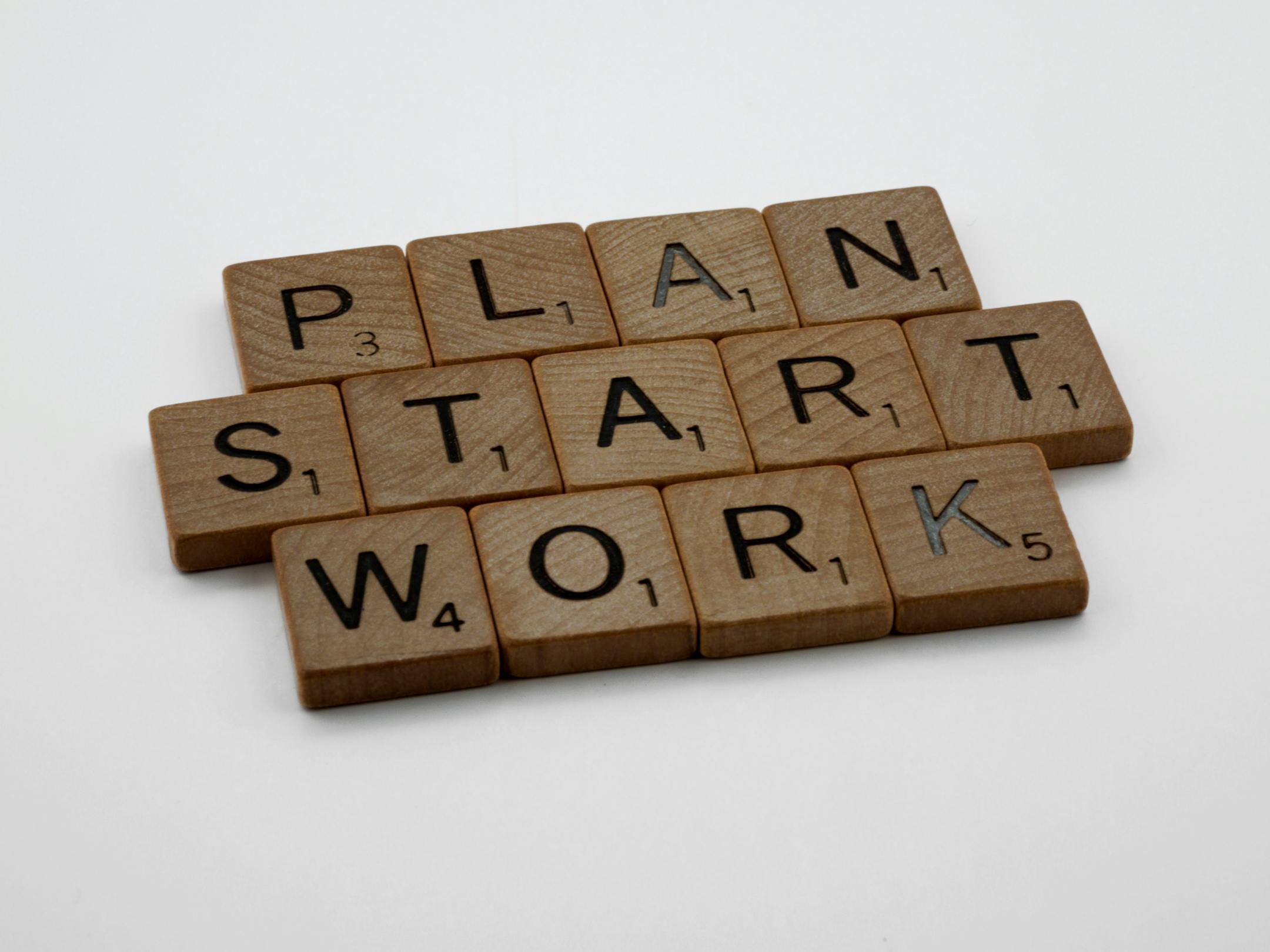
Economic Indicators: A Double-Edged Sword
Economic indicators—such as GDP growth, inflation, interest rates, and consumer confidence—can influence business success, but they don’t tell the whole story.
The Pandemic Surge in Business Formations
Surprisingly, economic downturns have historically led to business booms. The pandemic, for example, saw a record number of new business formations. In July 2020 alone, more than 545,000 new business applications were filed in the U.S. as people sought alternative income sources or pursued long-awaited ideas.
Challenges of Starting in an Uncertain Economy
On the flip side, today’s entrepreneurs face rising operational costs, supply chain disruptions, and high-interest rates that make borrowing money more expensive. The Small Business Index reports that 55% of small businesses cite inflation as their top challenge in 2024.
Lessons from Recession-Born Businesses
History has proven that economic downturns are not death sentences for startups. In fact, some of the most successful companies—Disney, Apple, Microsoft, Uber, and WhatsApp—were launched during recessions. These businesses thrived because their founders saw opportunity amid the challenges.
The takeaway? Economic conditions matter, but what you do and how you adapt matters more.
Key Success Factors: Beyond Timing
If timing isn’t the most critical factor, what is? Research suggests that team execution, adaptability, and financial preparedness play an even greater role.
Planning and Financial Readiness
One of the biggest predictors of business success is how well you plan. In my own journey, when I started my business, I wrote a 17-page business plan outlining how I would scale my cleaning company across all 50 states. This level of preparation helped me stay focused even when external conditions changed.
Another key factor is financial readiness. Studies show that businesses with at least $1 million in initial funding have a 25% higher probability of success. But even if you don’t have large-scale funding, starting lean and securing a strong financial foundation can make all the difference.
Adaptability: The Key to Survival
Launching during COVID-19 was an enormous challenge. My business, Dumpster Intervention Patrol, faced major setbacks as uncertainty loomed. But instead of shutting down, we pivoted, adding in-home cleaning services to meet new consumer demands. This shift, which my wife helped spearhead, led to a 38% increase in revenue at a time when many businesses were closing their doors.
The lesson? The most successful entrepreneurs aren’t the ones who wait for the perfect conditions—they are the ones who adapt and innovate when challenges arise.
Emerging Trends: Opportunities Amidst Challenges
Even in a volatile economy, certain trends present unique opportunities:
- Digital Acceleration & AI – The rise of AI and automation is leveling the playing field for startups. 91% of small businesses using AI report increased success.
- Consumer Focus on Experience – Despite the digital boom, 77% of consumers still prioritize businesses that offer personal customer service.
- Sustainability & Ethical Business – 78% of consumers prefer sustainable brands, opening doors for green and socially responsible startups.
- Remote Work & Flexible Business Models – The shift toward hybrid and remote work creates new opportunities for businesses to scale globally with lower overhead costs.
By aligning your business idea with these trends, you increase your chances of success—regardless of the economy.
Reflecting on Your Entrepreneurial Readiness
Before taking the leap, ask yourself:
- What is my motivation? Is it passion-driven, necessity-driven, or a mix of both?
- Do I have a financial cushion? Can I sustain myself for months without immediate profit?
- Do I have a solid business plan? Have I researched my target market and competition?
- Am I mentally prepared for risk and uncertainty? How do I handle setbacks?
Taking time to reflect on these questions can help you determine whether now is your right time to start a business.
Conclusion
The truth is, there is no universal “perfect” time to start a business. The economy will always have highs and lows, but the greatest determinant of success isn’t external—it’s you.
If I had waited for the right moment to launch my business, I might still be waiting. Instead, I took action, adapted when challenges arose, and kept pushing forward. In Choices: A Journey to Uncharted Purpose, I share how making bold, intentional choices—despite uncertainty—led to growth I never could have imagined.
So, is now the right time to start your business? That’s up to you. But remember—some of the world’s most successful businesses were born in uncertain times. Yours could be next.
What do you think? Is the economy influencing your decision to start a business? Share your thoughts in the comments!